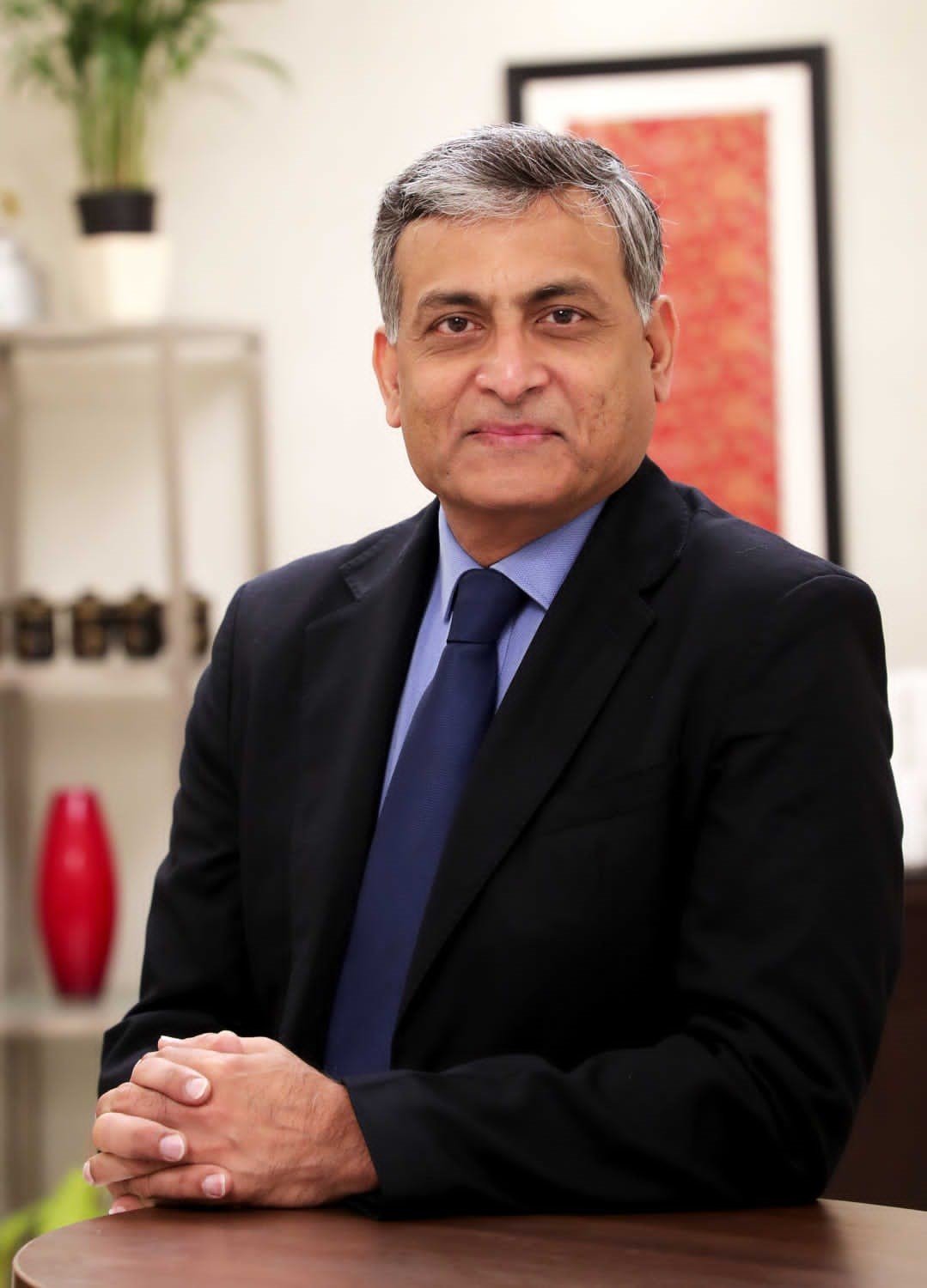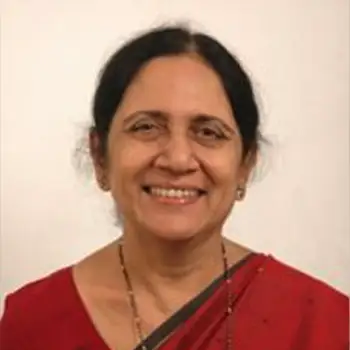Message from our President
As the leader of a company or organization, it is crucial to communicate with your team and stakeholders regularly. In this article, we are sharing a message from our President that highlights the current state of affairs and what we can expect in the future.
Our President understands the importance of transparency and open communication. They recognize that their decisions impact everyone involved in our organization, which is why they have taken the time to provide insight into their thought process and plans for moving forward. By reading this message from our President, you will gain valuable insights into what lies ahead for our company and how we plan to address any challenges that arise. So without further ado, let’s dive into what our President has to say.
What is clinical pharmacology by our President
Clinical pharmacology is an essential field of medicine that plays a crucial role in ensuring effective and safe drug therapy for patients. It involves the study of how drugs interact with the human body, including their absorption, distribution, metabolism, and excretion. Clinical pharmacologists work closely with physicians to develop individualized treatment plans that optimize patient outcomes while minimizing adverse effects.
The use of drugs in modern medicine has revolutionized the way we treat many diseases. However, it also poses significant risks to patient safety if not used appropriately. That’s where clinical pharmacology comes into play by providing evidence-based guidance on drug selection, dosing, and monitoring based on patient demographics and other factors such as genetics or coexisting medical conditions.
President of our clinical pharmacology organization | SAC-ACCP
Clinical pharmacology is an essential field of medicine that plays a crucial role in ensuring effective and safe drug therapy for patients. It involves the study of how drugs interact with the human body, including their absorption, distribution, metabolism, and excretion. Clinical pharmacologists work closely with physicians to develop individualized treatment plans that optimize patient outcomes while minimizing adverse effects.
The use of drugs in modern medicine has revolutionized the way we treat many diseases. However, it also poses significant risks to patient safety if not used appropriately. That’s where clinical pharmacology comes into play by providing evidence-based guidance on drug selection, dosing, and monitoring based on patient demographics and other factors such as genetics or coexisting medical conditions.

Dr Deven V Parmar
MD FCP
President SAC–ACCP
At the US Food and Drug Administration (FDA), the clinical pharmacologists regulating drug development work in the Office of Clinical Pharmacology (OCP), a sub-office of the Office of Translational Sciences in the Center of Drug Evaluation and Research (CDER).
Their mission is twofold: (1) advance development of innovative medicines by applying state-of-the-art scientific principles and (2) promote therapeutic optimization and individualization through best practices in research, policy development, and drug evaluation throughout the product lifecycle. This mission is also consistent with the mission of OTS, which is to drive advancements in human health through scientific and regulatory innovation.
When a new drug application (NDA) or biologics license application (BLA) is submitted to FDA, clinical pharmacologists work closely with colleagues from other disciplines such as medical reviewers, statisticians, chemists, pharmacologists, toxicologists, and regulatory project managers to evaluate the safety and effectiveness of the drug and to make the decision as to whether the application should be approved. The clinical pharmacology review is issue-driven, and the information in the application for a new drug or biologic is assessed to address important issues of dose selection and optimization, therapeutic individualization, and benefit-risk.
Modelling and Simulation are gaining much attention as they provide a platform to integrate current understanding of a disease, patient characteristics, and pharmacology, using dosage optimization and selection, the design of clinical program and trials, identification of supportive evidence of efficacy, and new policy development.
Advances and understanding in Clinical Pharmacology will help us understand rational use of therapeutics for better patient care and foster collaborations with stake holders.
Let us TOGETHER foster the clinical pharmacology discipline in INDIA and neighboring countries.

Dr. Nilima Kshirsagar
Past President
Clinical Pharmacology has evolved from a discipline dealing with the scientific study of medicines in man to medicines for public health. Some of the activities of the discipline outlined by experts include – dealing with biomarkers, pharmacokinetics, drug metabolism, genetics, design and evaluation of clinical trials, drug utilization, clinical guidelines for medicine use, Pharmacovigilance, Pharmacoepidemiology, service support for pharmacotherapy for patient care, experimental medicine of new and old drugs clinical investigation of adverse drug reactions, drug and drug–food interactions, consultation to clinical colleagues, policymakers, regulators, teaching students and practising doctor, contributing to personalized medicine and public health.
In developing countries providing access to affordable, safe, effective medicines, especially essential medicines, is a priority. Infectious diseases widely prevalent can be eliminated by the appropriate use of medicines and vaccines along with appropriate environmental strategy. Non-communicable diseases can be controlled, complications prevented, and quality of life improved by rational use of medicines and effecting lifestyle-related changes. New drug delivery systems, new uses of drugs, easy to implement treatment schedules for resource-poor areas with minimum health care facilities are required. Traditional systems of medicine, herbal drugs, and in-depth studies of traditional practical use-based knowledge passed down generations, combined with modern perspectives of experimental evaluation and standardization, will help make them available for widespread use with greater confidence in their efficacy and safety.
Using modern teaching methods and the age-old tradition of handholding and mentoring can motivate professionals trained in clinical pharmacology to contribute further to the wide spectrum and facets of the subject. South Asian countries like India, Nepal, Bhutan, Bangladesh, Sri Lanka, and Pakistan provide a great challenge and opportunity for clinical pharmacologists to contribute to health care to improve people’s lives. Collaborations across countries, between industries, research institutions and academia can help foster Clinical Pharmacology as a discipline and achieve its goals. The South Asian Chapter of the American College of Clinical Pharmacology initiative, with the help of many experts and students in South Asian Countries, the UK and the USA, has grown into a sapling from the seed sown in 2006. Launching the website is an important milestone in its journey. We thank all our mentor’s collaborators, contributors and students and look forward to developing a strong socially responsive, professional association.

Dr Deven V Parmar
MD FCP
President SAC–ACCP
At the US Food and Drug Administration (FDA), the clinical pharmacologists regulating drug development work in the Office of Clinical Pharmacology (OCP), a sub-office of the Office of Translational Sciences in the Center of Drug Evaluation and Research (CDER).
Their mission is twofold: (1) advance development of innovative medicines by applying state-of-the-art scientific principles and (2) promote therapeutic optimization and individualization through best practices in research, policy development, and drug evaluation throughout the product lifecycle. This mission is also consistent with the mission of OTS, which is to drive advancements in human health through scientific and regulatory innovation.
When a new drug application (NDA) or biologics license application (BLA) is submitted to FDA, clinical pharmacologists work closely with colleagues from other disciplines such as medical reviewers, statisticians, chemists, pharmacologists, toxicologists, and regulatory project managers to evaluate the safety and effectiveness of the drug and to make the decision as to whether the application should be approved. The clinical pharmacology review is issue-driven, and the information in the application for a new drug or biologic is assessed to address important issues of dose selection and optimization, therapeutic individualization, and benefit-risk.
Modelling and Simulation are gaining much attention as they provide a platform to integrate current understanding of a disease, patient characteristics, and pharmacology, using dosage optimization and selection, the design of clinical program and trials, identification of supportive evidence of efficacy, and new policy development.
Advances and understanding in Clinical Pharmacology will help us understand rational use of therapeutics for better patient care and foster collaborations with stake holders.
Let us TOGETHER foster the clinical pharmacology discipline in INDIA and neighboring countries.

Dr. Nilima Kshirsagar
Past President
Clinical Pharmacology has evolved from a discipline dealing with the scientific study of medicines in man to medicines for public health. Some of the activities of the discipline outlined by experts include – dealing with biomarkers, pharmacokinetics, drug metabolism, genetics, design and evaluation of clinical trials, drug utilization, clinical guidelines for medicine use, Pharmacovigilance, Pharmacoepidemiology, service support for pharmacotherapy for patient care, experimental medicine of new and old drugs clinical investigation of adverse drug reactions, drug and drug–food interactions, consultation to clinical colleagues, policymakers, regulators, teaching students and practising doctor, contributing to personalized medicine and public health.
In developing countries providing access to affordable, safe, effective medicines, especially essential medicines, is a priority. Infectious diseases widely prevalent can be eliminated by the appropriate use of medicines and vaccines along with appropriate environmental strategy. Non-communicable diseases can be controlled, complications prevented, and quality of life improved by rational use of medicines and effecting lifestyle-related changes. New drug delivery systems, new uses of drugs, easy to implement treatment schedules for resource-poor areas with minimum health care facilities are required. Traditional systems of medicine, herbal drugs, and in-depth studies of traditional practical use-based knowledge passed down generations, combined with modern perspectives of experimental evaluation and standardization, will help make them available for widespread use with greater confidence in their efficacy and safety.
Using modern teaching methods and the age-old tradition of handholding and mentoring can motivate professionals trained in clinical pharmacology to contribute further to the wide spectrum and facets of the subject. South Asian countries like India, Nepal, Bhutan, Bangladesh, Sri Lanka, and Pakistan provide a great challenge and opportunity for clinical pharmacologists to contribute to health care to improve people’s lives. Collaborations across countries, between industries, research institutions and academia can help foster Clinical Pharmacology as a discipline and achieve its goals. The South Asian Chapter of the American College of Clinical Pharmacology initiative, with the help of many experts and students in South Asian Countries, the UK and the USA, has grown into a sapling from the seed sown in 2006. Launching the website is an important milestone in its journey. We thank all our mentor’s collaborators, contributors and students and look forward to developing a strong socially responsive, professional association.

